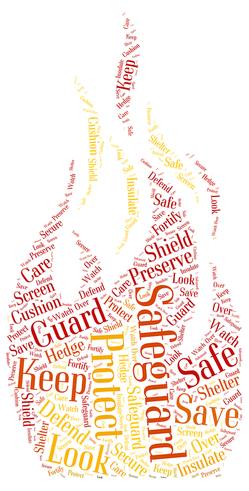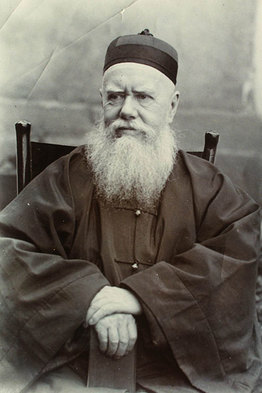
(1 Thessalonians 5:19).
The word “quench” doesn’t get used much in today’s English, except perhaps for sports drinks that are advertised as “thirst quenchers.” It’s used in that context mainly with the idea of “satisfying” a need, but the word was once more widely used with the meaning of “extinguishing” – as in “quenching the flames,” and in the English Bible it is used that way (Hebrews 11:34) and to translate the apostle Paul’s warning that we should be careful not to “quench the Spirit” that God gives us (1 Thessalonians 5:19).
The Spirit of God is the most important gift we are ever given, and so if it possible to “quench” or “extinguish” that gift, Paul’s warning is obviously a very important one. Fortunately, Paul lists three ways in which the Spirit can be protected, but vital as the information might be, many Christians do not know them. Notice what Paul tells us:
“Do not quench the Spirit. Do not treat prophecies with contempt but test them all; hold on to what is good, reject every kind of evil” (1 Thessalonians 5:19-22).
It is easy to think that Paul is making an unrelated statement when he says “Do not treat prophecies with contempt…,” but verses 20-22 of this section are a direct continuation of his warning not to quench the Spirit. We have only to look at the context of 1 Thessalonians 5 to see that these verses are a single unit with a different subject directly before and after them. That is why the New International Version and some other translations set them off as a separate paragraph.
So Paul is not making an unrelated statement in verse 20: “Do not treat prophecies with contempt.…” We tend to think of prophecy as foretelling the future, but the Greek word Paul uses can mean any divinely inspired message (Matthew 26:68; Revelation 22:7). The first way in which we can quench God’s Spirit within us is to “despise” or ignore revelation when it is given to us – often by ignoring something we read in the Bible, though we know it speaks to our lives and behaviors.
The second way we can quench the Spirit, Paul tells us, is by letting slip the things we were given and once accepted. God repeatedly told ancient Israel not to forget the laws and guidance he had given them (Deuteronomy 6:12, etc.), and Paul himself told the Corinthians: “Now I commend you because you remember me in everything and maintain the traditions even as I delivered them to you” (1 Corinthians 11:2 ESV). Paul knew that if we let slip what God reveals to us, we begin to lose the working of the Spirit within us. In the Book of Revelation Christ himself tells certain Christians: “Remember therefore from where you have fallen; repent, and do the works you did at first. If not, I will come to you and remove your lampstand from its place, unless you repent” (Revelation 2:5 ESV).
The final way we might extinguish God’s Spirit within us is through allowing evil into our lives. Paul stressed this fact in slightly different words to the church at Ephesus: “And grieve not the holy Spirit of God with whom you were sealed for the day of redemption” (Ephesians 4:30). We can grieve and quench the Holy Spirit within us through any sin, and certainly any sin in which we continue.
So Paul’s warning to us that we do not “quench the Spirit” is followed by three clear and specific ways in which we must safeguard God’s gift to us. We must “try” or “test” new things we learn from God’s word to affirm them in our lives, we must “hold on to” the truths God has revealed to us and continue in them, and finally, we must “reject every kind of evil.” If we do these things, we are unlikely to quench God’s Spirit in us, and we can continue to grow in that gift (Luke 1:80).



 RSS Feed
RSS Feed
